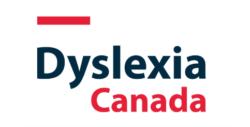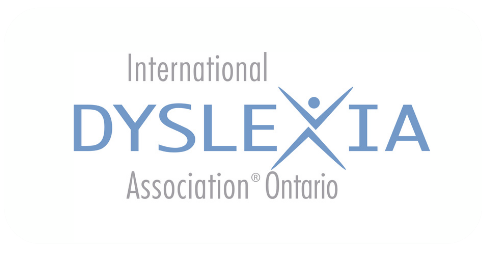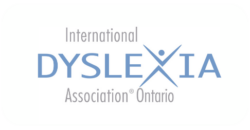This structured journal template, based on the work of David Liben and Meredith Liben, can be used to introduce students to the use of structured journals in their close reading of texts. While this work can be started orally with younger students, this template will […]
Vocabulary knowledge must be intentionally nurtured to ensure that students are ready for the greater vocabulary demands of reading complex texts and writing multi-paragraph essays, but we need to pay attention to cracks in the foundation and scaffold our lessons accordingly, or it all falls […]
In the “Teaching TV: Learning with Television” lesson from Elizabeth Verrall’s five-part unit for elementary classrooms, students are introduced to television as an informative source and its presentation from specific perspectives. The lesson aims to cultivate students’ ability to derive information from media, identify and […]
The “Teaching TV: Television Techniques” lesson, a component of Elizabeth Verrall’s comprehensive five-part unit for elementary education, offers educators valuable insights for incorporating TV education in classrooms. By guiding students in creating their own media productions, the lesson imparts a practical understanding of how technology […]
The “Teaching TV: Film Production: Who Does What?” lesson, a component of Elizabeth Verrall’s five-part unit for elementary classrooms, offers educators a valuable framework for teaching TV. This lesson engages students in exploring the world of television and film production, fostering an understanding of the […]
The “Teaching TV: Television as a Story Teller” lesson, within Elizabeth Verrall’s comprehensive five-part unit, equips teachers with creative strategies for TV education in elementary classrooms. This lesson guides students in exploring television’s role as a narrative medium. Key learning outcomes encompass understanding how media […]
Watching this webinar from PaTTAN, you will learn why summarizing has been identified through research as highly effective for developing comprehension and writing. It defines a quality summary and how it differs from retelling or paraphrasing. Practical suggestions for explicitly teaching summary writing based on […]
This book is an excellent, reader-friendly resource for kindergarten teachers and Early Childhood Educators. While infant and toddler development takes place before the Ontario curriculum kicks in, the authors are American. Their recommendations for preschoolers generally align with the age of our Year 1 kindergarten […]
When it comes to choosing texts for the classroom, educators have a lot of questions. Should we be looking at levels, lexiles or other readability criteria? Do we limit kids to “just-right” books? How can we scaffold instruction to help struggling readers access age- and […]
Kate chats with Clara Fiorentini this week. Tune in to explore novels in the classroom: how class novel studies fit into structured literacy, how complex text can be scaffolded, using “read-alikes” to choose texts, and avoiding the perils of “extractitis” – don’t miss this thoughtful […]
In this well-organized book, the authors walk readers through six shifts that teachers of Grades 3-5 should consider when bringing reading science into the classroom: Reconsidering How Knowledge Impacts Comprehension, Rethinking the Role of Strategy Instruction in Learning to Comprehend, Recommitting to Vocabulary Instruction, Reclaiming […]
This title is a must-read for any educators working with multilingual learners (MLLs) of all ages, referred to in the book as English Learners (ELs). It affirms the necessity of a structured literacy approach for these students, while adding in the extra layers of support […]




